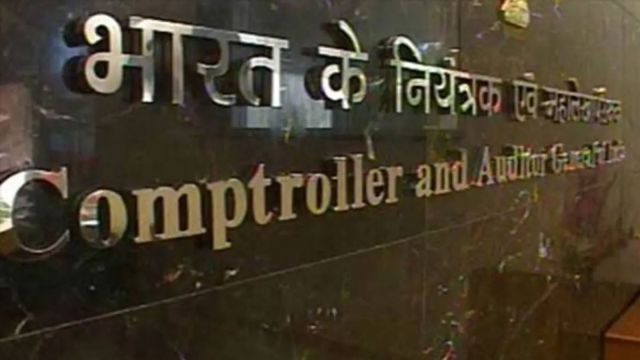CAG raises concern on state finances, asks Maharashtra govt to formulate realistic budget
The report has also advised the state on its investments.
 Responding to the attacks, AAP Spokesperson Priyanka Kakkar questioned the authenticity of the purported CAG report (File)
Responding to the attacks, AAP Spokesperson Priyanka Kakkar questioned the authenticity of the purported CAG report (File)Highlighting a continuous mismatch between receipts and expenditure indicating rising fiscal stress, the Maharashtra State Finances Audit Report of the Comptroller and Auditor General of India for the year 2022-23 has recommended the state government to formulate a realistic budget. The report provides an overview of the finances, budgetary management and quality of accounts, financial reporting practices and other matters relevant to state finances.
“The state government should formulate a realistic budget based on reliable assumptions considering the needs of the departments and their capacity to utilise the allocated resources,” the report has recommended.
The report also raised concern over the fact that the supplementary grants/appropriations as well as re-appropriation were obtained without adequate justification as large amounts remained unutilised. “The budgeting exercise carried out by the state government needs to be more realistic as 18.19 per cent of the total provision remained unutilised. The total expenditure incurred during the year was six per cent less than the original budget and the supplementary budget constituted 15 per cent of the original budget,” remarked the report.
“An appropriate control mechanism needs to be instituted by the government to enforce proper implementation and monitoring of budget to ensure that savings are curtailed, large savings within the grant/appropriation are controlled and anticipated savings are identified and surrendered within the specified time frame,” the report said.
The report has also advised the state on its investments. “The government may take steps to ensure better value for money in investments. Otherwise, funds borrowed at high cost will continue to be invested in projects with low financial returns,” it said. It further stated that the state government needs to monitor and manage its debt levels to ensure long-term fiscal stability by adopting remedial measures to rationalise expenditure, explore further sources, expand revenue base, and invest in revenue generating assets.
“Debt sustainability indicator is currently static rather than conclusively ascending. The improvement in Public Debt to GSDP and Overall Liability to GSDP after the pandemic suggests that the debt situation is not deteriorating, but it has not yet reached a threshold wherein it can be concluded that debt stabilisation is on an upward trend,” it said.







